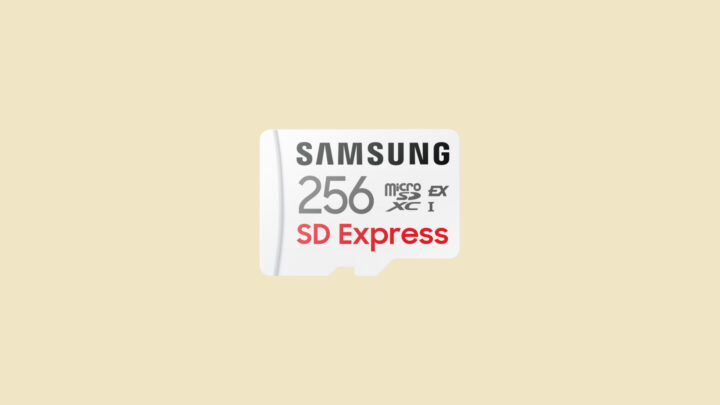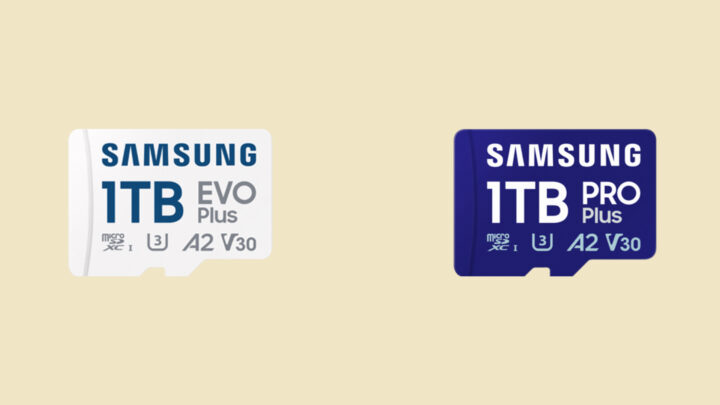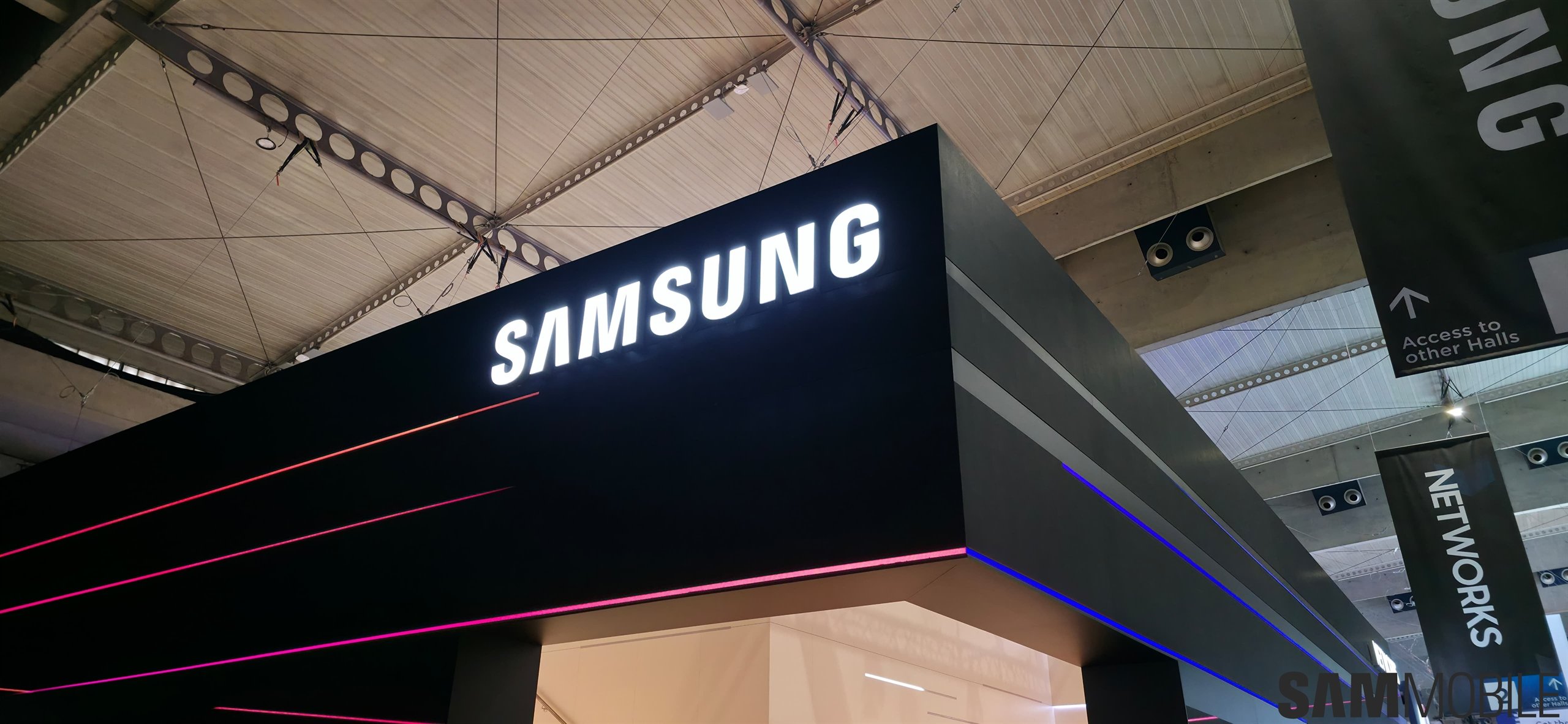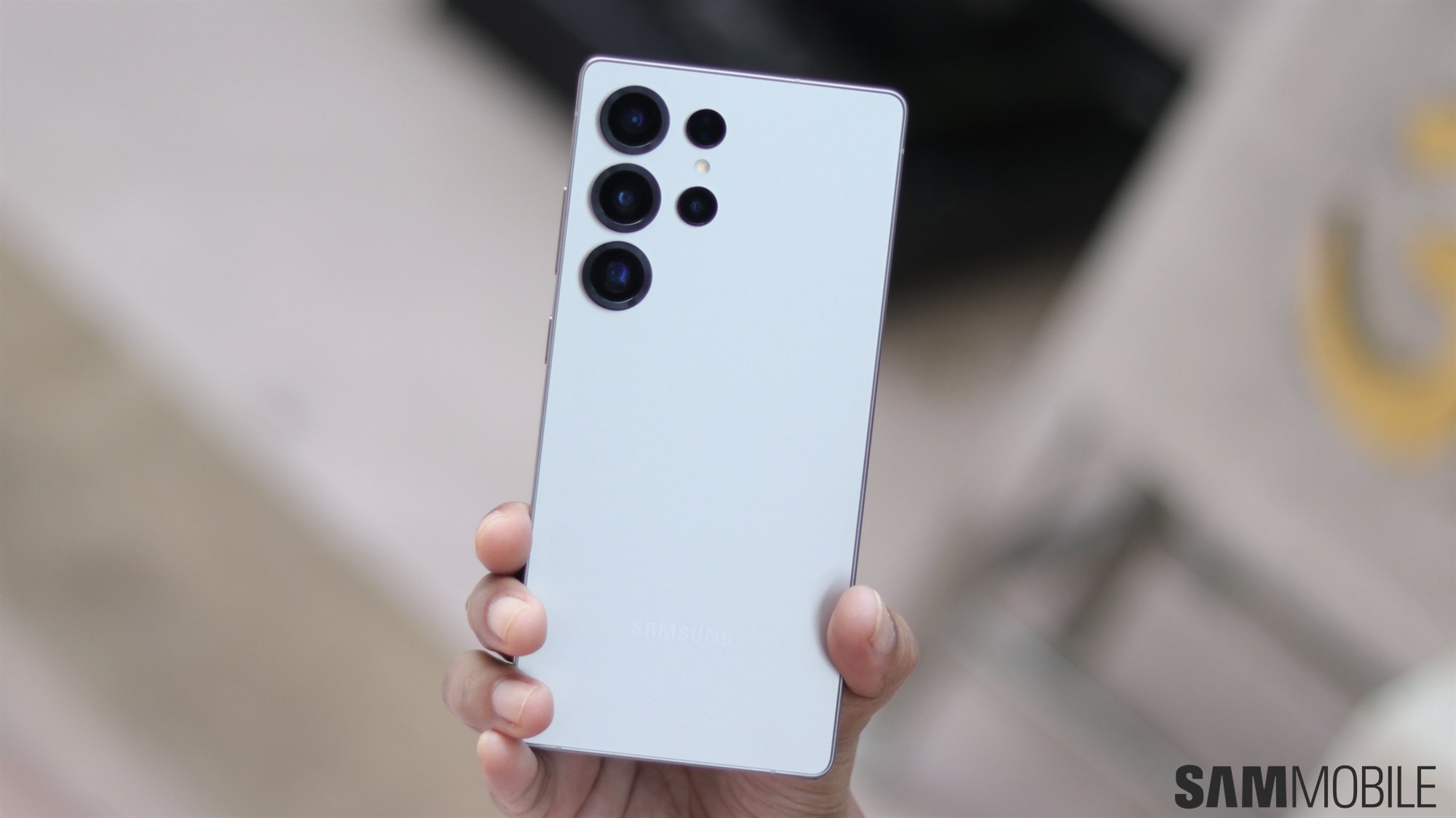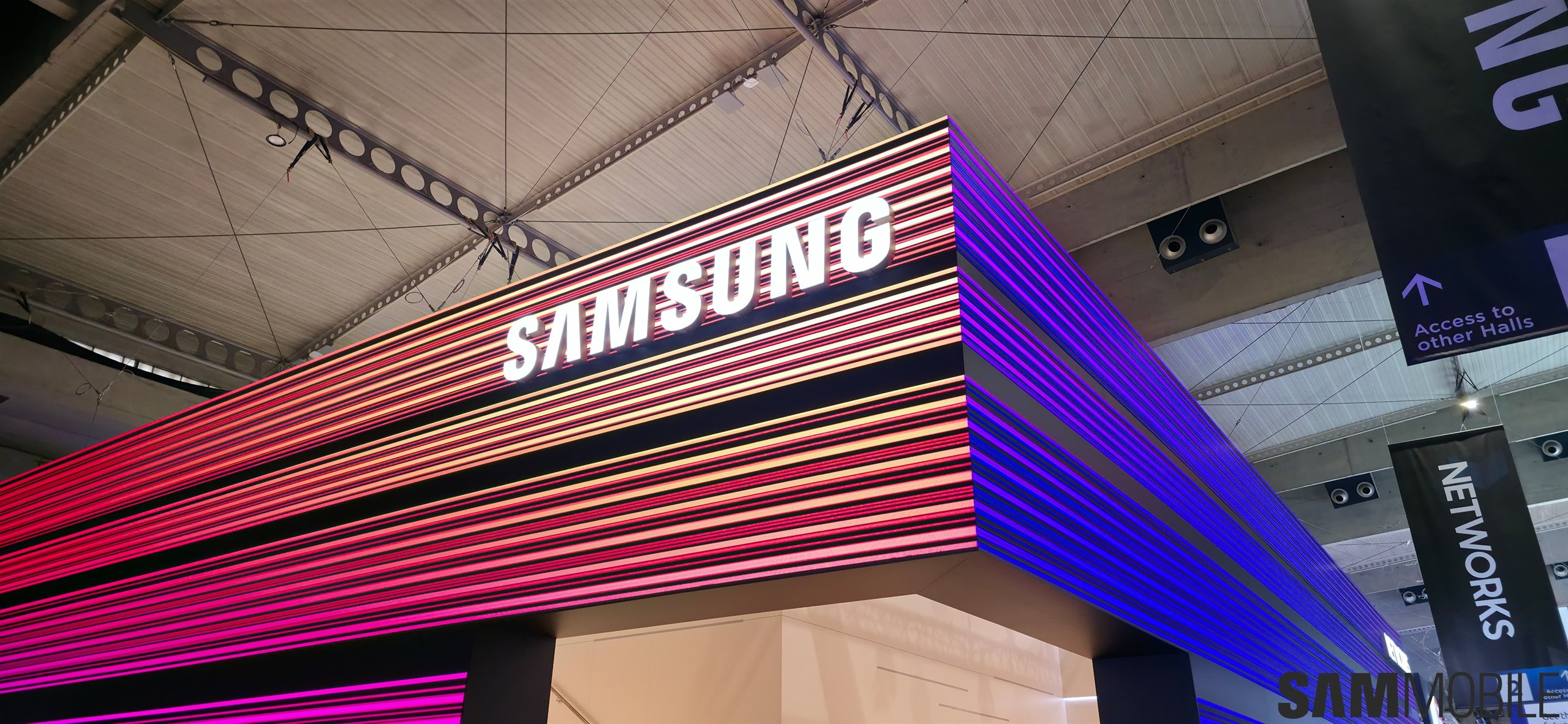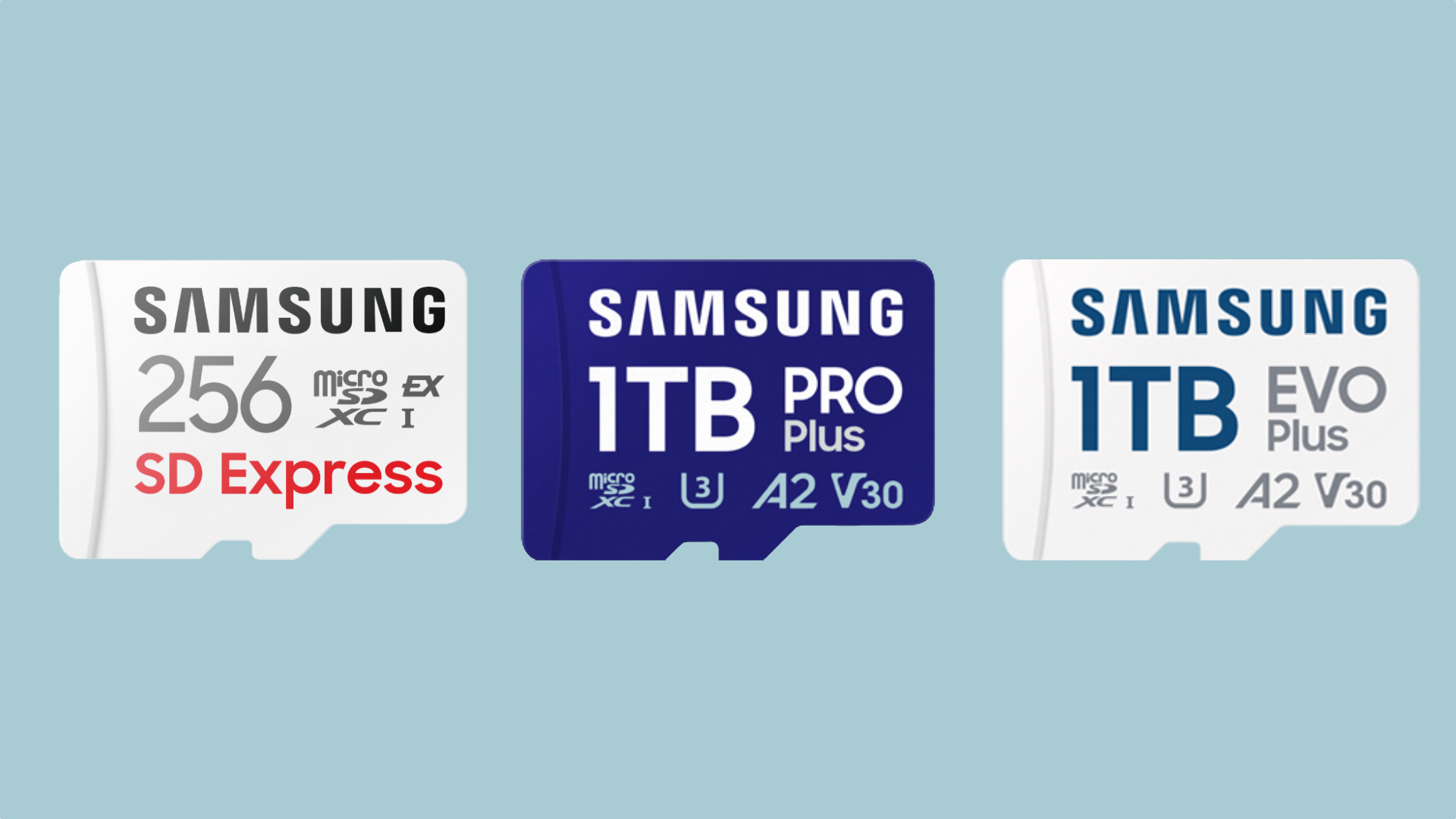
Samsung launches world's first SD Express microSD card
The South Korean firm has unveiled the world's first microSD card that uses the SD Express interface and offers blazing-fast file transfer speeds. The 256GB SD Express microSD card has sequential read speeds of up to 800MB/s. It uses a low-power design and optimized firmware for higher performance and improved thermal management. It also uses Dynamic Thermal Guard (DTG) technology to maintain optimal operating temperature during extended usage sessions.
In comparison, the read speeds of traditional microSD cards based on the UHS-1 interface are limited to 104MB/s, while those based on the UHS-II interface are limited to 150MB/s. Samsung's new SD Express microSD card with 256GB storage space has up to 800MB/s speed, which is 1.4 times the speed of SATA SSDs (560MB/s) and almost as fast as Samsung's portable external SSDs.
Samsung's 256GB SD Express microSD card will be available for purchase later this year, but there is no information about its pricing.
1TB UHS-1 microSD card from Samsung uses 1TB V-NAND
Samsung has also unveiled a new 1TB microSD card that features eight layers of its eighth-generation 1TB V-NAND chips. This is the first time eight layers of eighth-generation 1TB V-NAND chips have been used. This new microSD card has also gone through rigorous tests and offers reliable performance in challenging outdoor environments.
It features resistance against drops, extreme temperatures, magnets, water, wearouts, and X-rays. This 1TB UHS-1 microSD card will be launched in the first half of 2024.
Hangu Sohn, Vice President of the Memory Brand Product Biz Team at Samsung Electronics, said, “With our two new microSD cards, Samsung has provided effective solutions to address the growing demands of mobile computing and on-device AI. Despite their tiny size, these memory cards deliver powerful SSD-like performance and capacity to help users get more out of demanding modern and future applications.”
Author's Note: Hopefully, smartphone brands, including Samsung, will bring back microSD card slots to their devices. Since SD Express microSD cards can offer SSD-like performance, performance issues shouldn't be a concern, adding higher storage space using such microSD cards should be easier and more cost-effective for consumers.
It's also interesting that Samsung mentions the new microSD cards are designed for mobile computing and on-device AI but doesn't offer expendable storage on the Galaxy S24 series despite calling it an “AI phone.” And it's unlikely the Korean giant will change course, particularly where flagships are involved, as it is probably making a lot of money selling higher storage variants of its top-of-the-line handsets.














